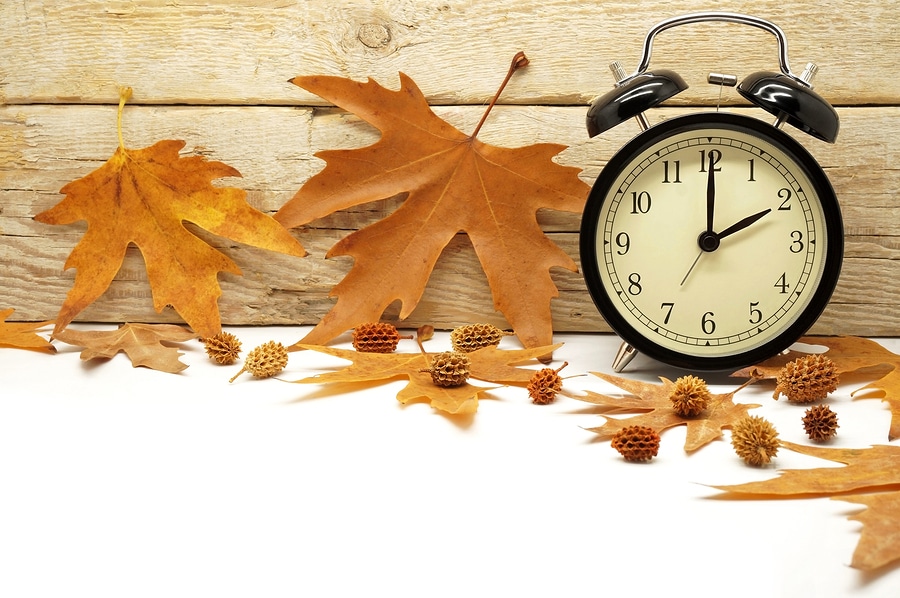
Tips to Help Seniors Adjust to Seasonal Time Changes
Switching to Daylight Savings Time and from Daylight Savings Time is hard for most people. But it can be especially tough on seniors, who tend to not get enough sleep as it is. Seniors who are chronically sleep deprived or have trouble sleeping can find it difficult to bounce back from the annual Spring Forward or Fall Back clock change.
The impact of changing the body’s internal clock can be substantial. Trying to adjust to this sudden change can cause extreme fatigue, insomnia, and increased risk of health problems like strokes or heart attacks. But there are some things seniors can do to make the shift a little easier. With the end of Daylight Savings Time coming up, seniors can use these tips to make the transition easier this year:
Start Changing Your Schedule In Advance
One of the ways seniors can combat the effects of changing their internal clock is to start shifting their internal clock a few days to a week before the actual time changes. Start by moving bed time 15 minutes later, and get up 15 minutes later. Then move to 30 minutes. Within a week, seniors should be adjusted to the new schedule, which will reduce the impact of the clocks changing.
Used Timed Feeders For Pets
One of the toughest parts of the time change for pet owners is that pets don’t understand Daylight Savings Time. They still want their breakfast, at the time they usually get it. Seniors can use timed pet feeders to avoid having pets wake them up for breakfast. A timed feeder will allow seniors to get up when they choose, and will allow pets to continue to have their breakfast at the time when they are used to getting it. If your senior parent has home care, the home care provider can set up the feeder and set the timer to ensure the pet gets fed.
Take Naps
A great way to adjust to a big time change is napping. By taking naps, seniors can ensure they get the rest they need to stay healthy. Even if they aren’t getting it at night because their internal clock is resetting. But seniors shouldn’t nap for more than an hour at a time, or else that could upset their internal clock even more and make it even harder for them to sleep at night. A 20-45 minute nap is the best length for a nap, but up to an hour is fine.
Use Natural Light Bulbs
Replacing some light bulbs in the house with natural light bulbs can help seniors adjust to the time change. This will ensure they get the right amount of natural light during the day. When Daylight Savings Time ends, it can get dark very early. Have a home care provider replace some light bulbs in the house with natural light bulbs. This will make it easier for seniors to stay on a consistent Circadian rhythm and sleep better at night.
We provide services in Virginia’s Fairfax, Loudoun, Arlington, Prince William, Fauquier, Culpeper, Stafford, Winchester-Fredrick, Clarke, and Warren counties.
If you or an aging loved one is considering Home Care in McLean, VA, please contact the caring staff at Care With Love today. 703-935-4070.
Share this post
